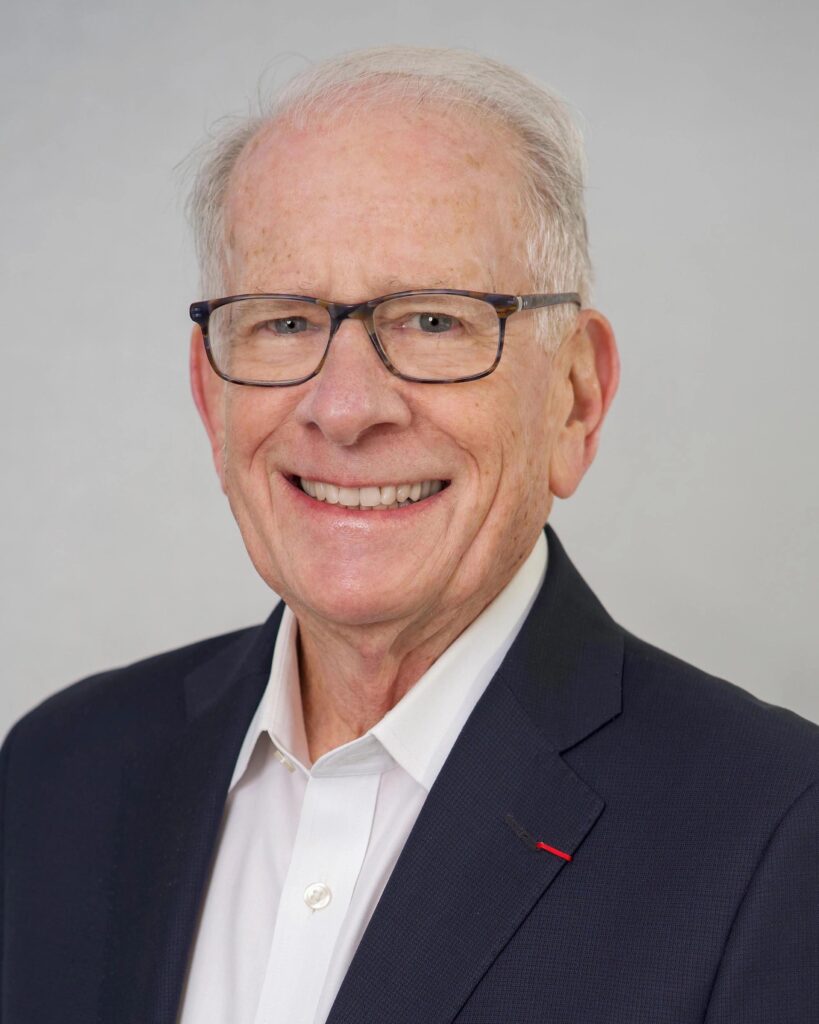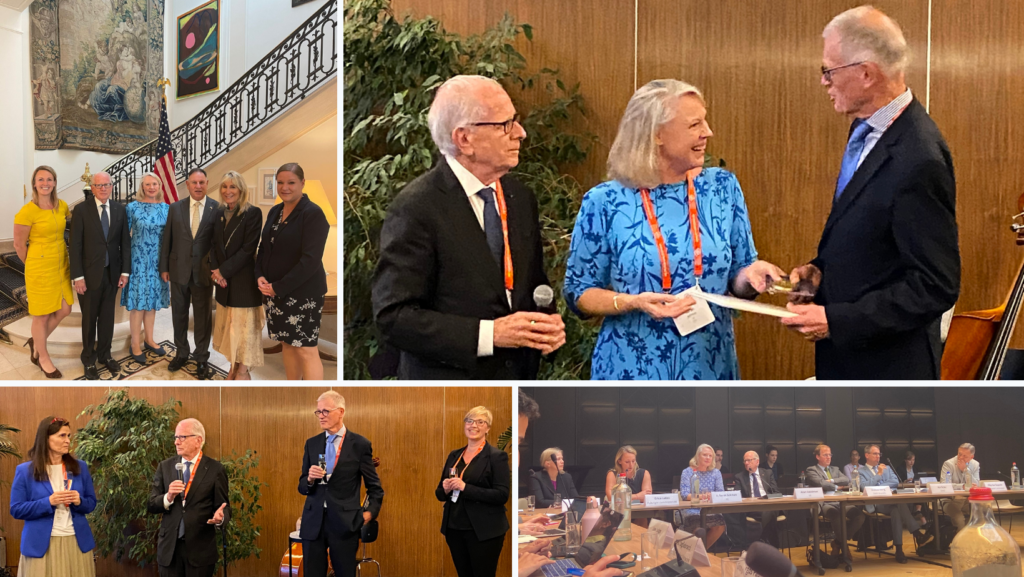An IIE Delegation Participated in the Academic Cooperation Association’s Strategic Summit in October
Educational exchange between Europe and the United States has been a hallmark of higher education for years. Scenes of exchange students exploring ancient ruins and enjoying local cuisine are still part of the American imagination of the college experience. Likewise, European scholars and students have long enrolled at U.S. institutions at strong levels, enriching the holistic learning environment on American campuses.
But in today’s rapidly changing world, it is more critical than ever to convene, in person, to nurture relationships and revisit both regions’ strategies. That is why I am grateful for organizations like the Academic Cooperation Association. For 30 years, ACA has helped leaders and professionals to connect and collaborate with their numerous peers across Europe, including governments and institutions, in the interest of internationalizing higher education in the region.
A delegation of IIE leaders and I visited Brussels October 9 through 12 to participate in ACA’s Strategic Summit, visit partners, and co-lead a Transatlantic Roundtable on EU-US people-to-people exchanges with our longtime partners at the German Academic Exchange Service (DAAD). Sarah Ilchman, IIE Co-President; Kari Kuja, Senior Advisor for European Affairs; Clare Overmann, Head of Higher Education Initiatives; and Kate Campbell, Board Secretary and Government Affairs Manager joined me from IIE. I had the distinct honor of presenting ACA with an IIE Century Medal in celebration of their 30-year anniversary and their contributions to the field through academic exchange and global mobility leadership.
My IIE colleagues and I were encouraged and inspired by the amount of energy our European counterparts had when discussing new ideas for strengthening educational ties between European countries and the United States. We agree that there are two growing areas for collaboration: crisis response, and equity and inclusion. With more than 110 million people –including potential future leaders – forcibly displaced worldwide, universities in both regions stand to gain talented new students and scholars. Creating the right mechanisms for administering to these populations, however, will require agility, international partnerships, and continual improvement. In addition, with the professionalization of equity and inclusion in the field of international education comes new opportunities to work with and better serve historically underrepresented regions, institutions, and students.
Ilchman, who was a speaker during the Transatlantic Roundtable, said, “The conversation was not just about exchanges; it was also about how U.S. and Europe can work together to help solve some of our big issues of the moment, including supporting higher education institutions in Ukraine and investing in higher education for Afghan women.” Overmann added, “The European Union has been a model of international cooperation and student mobility for decades now; finding ways to expand those relationships to include the U.S. and other partners, such as those in the Global South, is a key growth opportunity. We also have many shared goals such as a focus on diversity, access, and inclusion, addressing global challenges through joint initiatives, and expanding partnership and mobility frameworks.”
I would like to thank ACA for bringing us all together for the Strategic Summit, and DAAD for co-organizing the Transatlantic Roundtable. Let us continue learning how we can do more, together.

